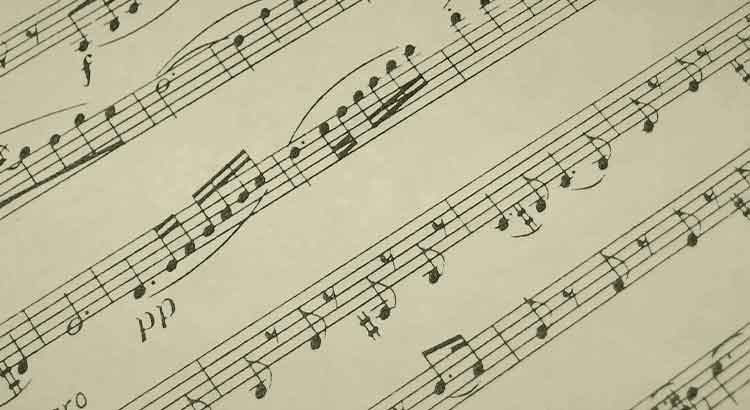There seems to be a consensus that a poem should be recited as prose or, rather, as dramatic interpretation. Where does this idea come from? It is true: by declaiming “dramatically,” one can express emotion, one can make a passionate declamation—what one definitely cannot do is convey to the listener the rhythm of the poem. The reason is very simple. What is rhythm, in music? It is the relationship between musical notes and silence in a metre. What is a metre? It is a regular interval that repeats itself for as long as the composition lasts. In music, play the same notes disrespecting the relationship between them, and the rhythm is gone, the music itself is gone. If we wish to speed up the execution of a piece, we alter the so-called tempo, which is the duration of each unit of the metre—that is, we proportionally alter the relationship of all the musical notes within the composition. If we intend a slower performance, we simply do the opposite process. What we can never change—at least, without disfiguring the music—is the rhythm of the composition; and rhythm, as said, requires regularity. Why should poetry be any different? In fact, it is not. If the verses of a regular poem are recited in varying lengths, if the intonation of the syllables does not follow a regularity, if the obligatory and standard pause at the end of each verse is disrespected, there is no way to convey the rhythm of a poem. It is impossible! Listening to what we are calling “dramatic declamation,” one cannot identify where the verse begins and ends, or which feet compose it—which does not occur when we listen to someone singing a poem. And if we consider that rhythm is the essence of a poem, how can we justify this way of declamation? Who invented this rule that a poem should not be sung? Did not the lyre, to the Greeks, support singing? I am sorry, I am sorry in several languages: but for those who consider a poem a melodic construction, to recite it without musicality seems unnatural—no matter how many diplomas the reciter collects.
There Seems to Be a Consensus that a Poem Should Be Recited as Prose
